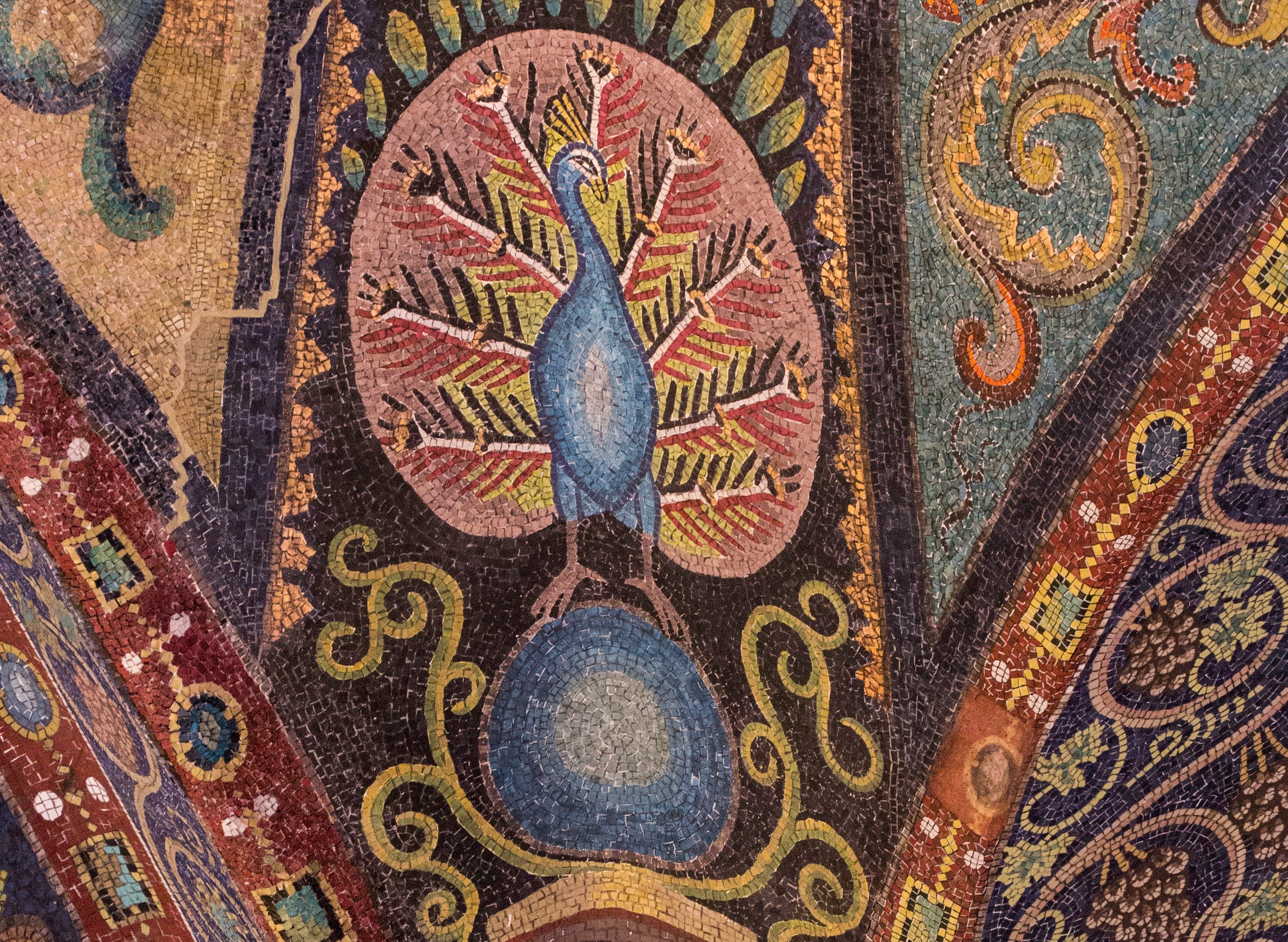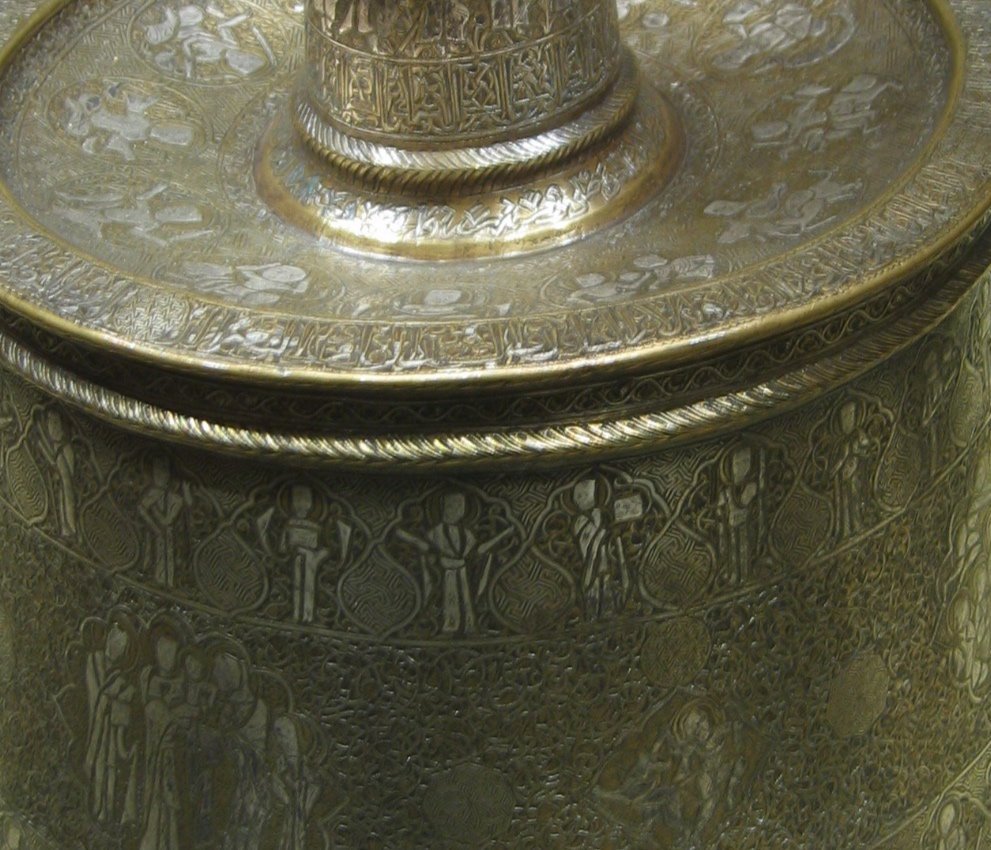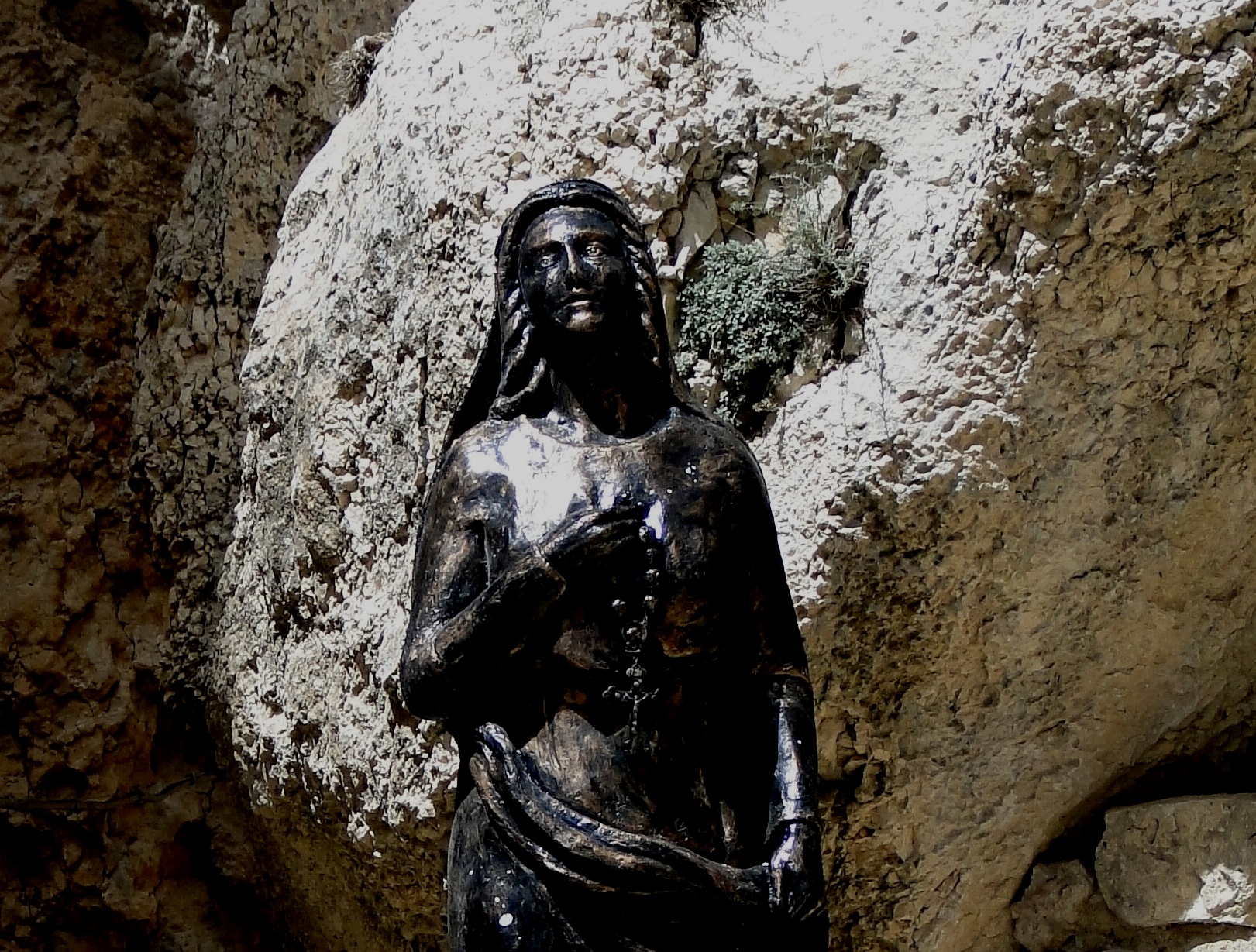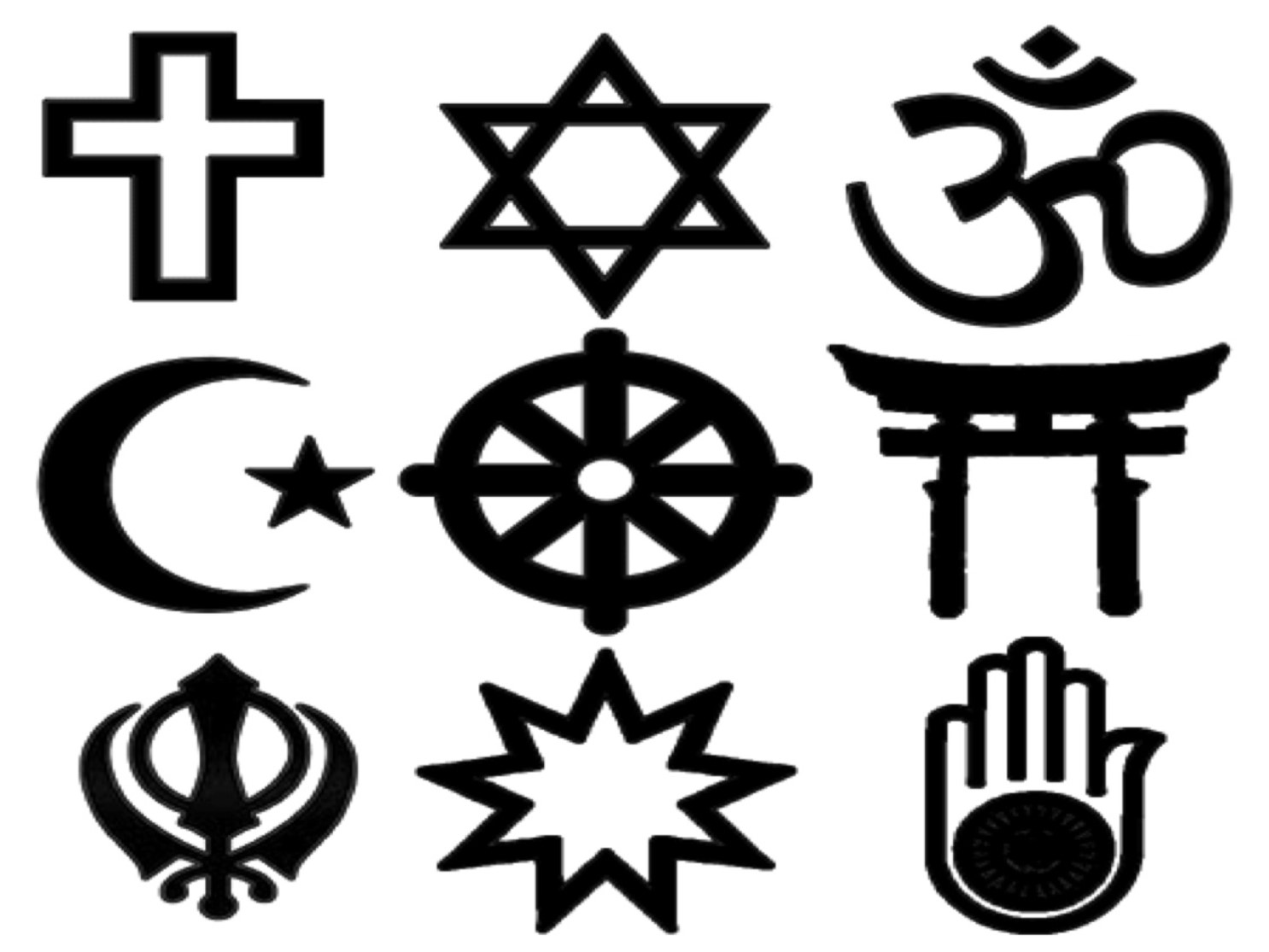Does the Bible Have Evidence of Supernatural Design?
A Sociological Approach
Great Isaiah Scroll in the Israel Museum. Photo credit: KOREphotos, Creative Commons 2.0. This scroll was one of the many Dead Sea Scrolls, found in clay jars in the Qumran caves near the Dead Sea. It dates back to the 3rd century BCE. This discovery shows the importance of Isaiah to the ancient Jewish community.
Introduction: Compare and Contrast the Bible to Other Literature
Weren’t the Bible’s human authors shaped by the culture they were from? Didn’t they just copy ideas from their neighbors? If so, then the Bible wasn’t all that original or unusual after all. And if these authors had more positive experiences of polytheism, sexuality, foreigners, usury, etc. then wouldn’t they have written very differently? Perhaps we should rewrite the Bible?
But it’s very unlikely.
Historian Paul Johnson writes:
“All the great conceptual discoveries of the intellect seem obvious and inescapable once they have been revealed, but it requires a special genius to formulate them for the first time. The Jews had this gift. To them we owe the idea of equality before the law, both divine and human; of the sanctity of life and the dignity of the human person; of the individual conscience and so of social responsibility; of peace as an abstract ideal and love as the foundation of justice, and many other items which constitute the basic moral furniture of the human mind. Without the Jews it might have been a much emptier place.”
Does the Bible Have Evidence of Supernatural Design? A Sociological Approach explores the relationship between the biblical material and the prevailing cultures around them, or similar cultural situations from other time periods, to show the human authors of Scripture were not easily bullied by their cultural context. Most of the examples draw from the Pentateuch, or Torah. Look at these case studies and see if you can explain how the human authors of the biblical text would have invented these ideas. Check out the curriculum.
Our Resources:
The Uniqueness of the Jewish People and Jewish Thought
This document contains a list of quotations from historians about the religious and sociological uniqueness of Judaism and the Jewish people historically, especially as compared to what other people believed. They are drawn from historians Paul Johnson (1988), Thomas Cahill (1998), and others.
Slides of a presentation given to the Reconstruction 2022 class. The approach here is to examine two different types of stories: non-happy ending stories and happy ending stories. These comes from the four possibilities of good and evil: good and evil are equal in nature; good and evil are equal in power; evil triumphs over good; good triumphs over evil. Each story possibility has an epistemological approach. If good triumphs over evil, then there must be both internal consistency and a historical epistemology. Thus, we do need a Scripture — an authoritative interpretation of history. And that history must be a story in which a good God who calls humans to freely shape their human nature gives Himself to heal their corrupted human nature. And thus too, we can understand the Scripture we do have as the Scripture we would need to tell us that in this story, a good God will triumph over human evil.
Slides to a presentation given to the 2022 Reconstruction class. The presentation is framed by the sociological and political importance of official historical memories, and why literacy and literature are important towards that end. How is that a helpful framework with which to consider Scripture? Because Israel’s explanations for violence, both before and after the Sinai covenant, were temporary provisions of divine protection until the Messiah came; and the Messiah’s coming would benefit even those who died before him, at least in principle. In addition, Israel was an anti-Empire, which means that God’s goal was not to create a literary elite but a broadly literature population who would be convicted enough by the story that they would partner with Jesus because of the conviction of Scripture.
The Canonization of the New Testament: Why Not the Gospels of Thomas and Judas
Slides of a presentation given October 23, 2021 to the first Reconstruction 2021 class. We contrast Hebraic vs. Hellenistic frameworks of the relationship between the body and soul, the material and the spiritual. The four canonical Gospels — Matthew, Mark, Luke, and John — are continuations of the Hebraic story of a good material creation requiring physically resurrected bodies. By contrast, the Gospels of Thomas and Judas argue that the material creation is evil and the soul needs to escape the body. Then, we step back and glance at the historical record in chart form of which documents were regarded as authoritative by various early Christian writers.
This page highlights the importance of the ways we know history, since history is not a repeatable experiment we can rerun in a lab. We depend on historical ways of knowing when we evaluate who to trust or when we serve on a jury. The page contains more links to resources on the historicity of biblical Israel and Jesus. The page links to other ways of knowing: scientific; philosophical; and the experience of human personhood.
Hope Filled Full: How the New Testament Quotes from the Old Testamentl
These essays are studies in intertextuality on how the New Testament quotes from the Pentateuch, Isaiah, and the Psalms. Every Old Testament book also builds on hopes established before it, so how the New Testament quotes from the Old Testament is patterned on how the Old Testament quotes from itself. Quotations are like HTML hyperlinks. They are not simply referring to predictions from the past. They are comparisons of two stories, or episodes of history. The pattern is similar to how the phrase “all men are created equal” has profound resonance because it was used by Dr. Martin Luther King, Jr, and Abraham Lincoln, and the U.S. Declaration of Independence. Each episode must be studied in its own right, but clearly King and Lincoln were referring to the past and asserting that the American ideal had fresh meaning for their eras.
Bible Studies and Messages from The Anástasis Center:
Christian Reflections by Topic
These topics involve frequently asked questions. Christians have reflected on these topics from earliest times.

































